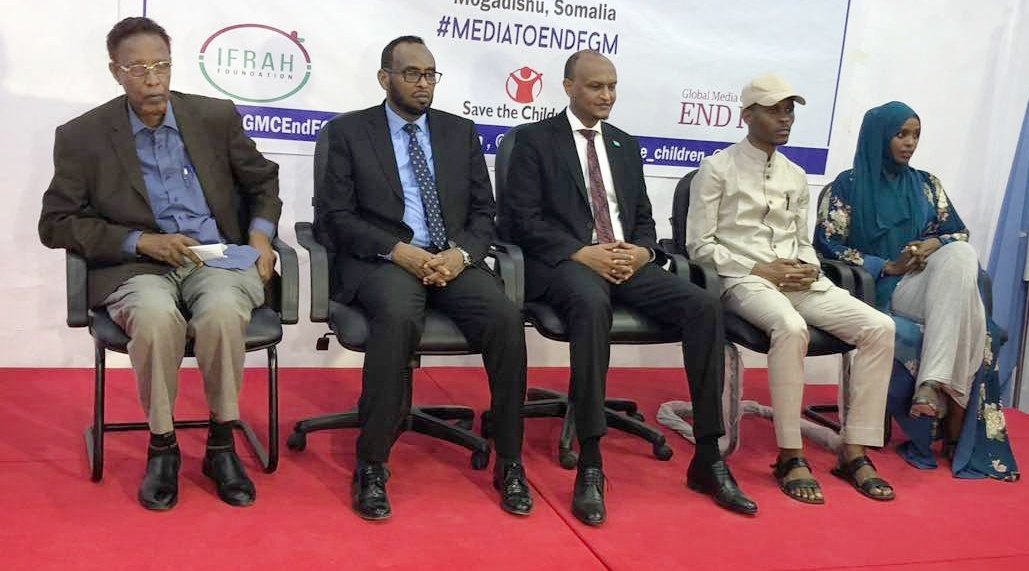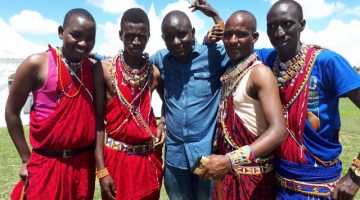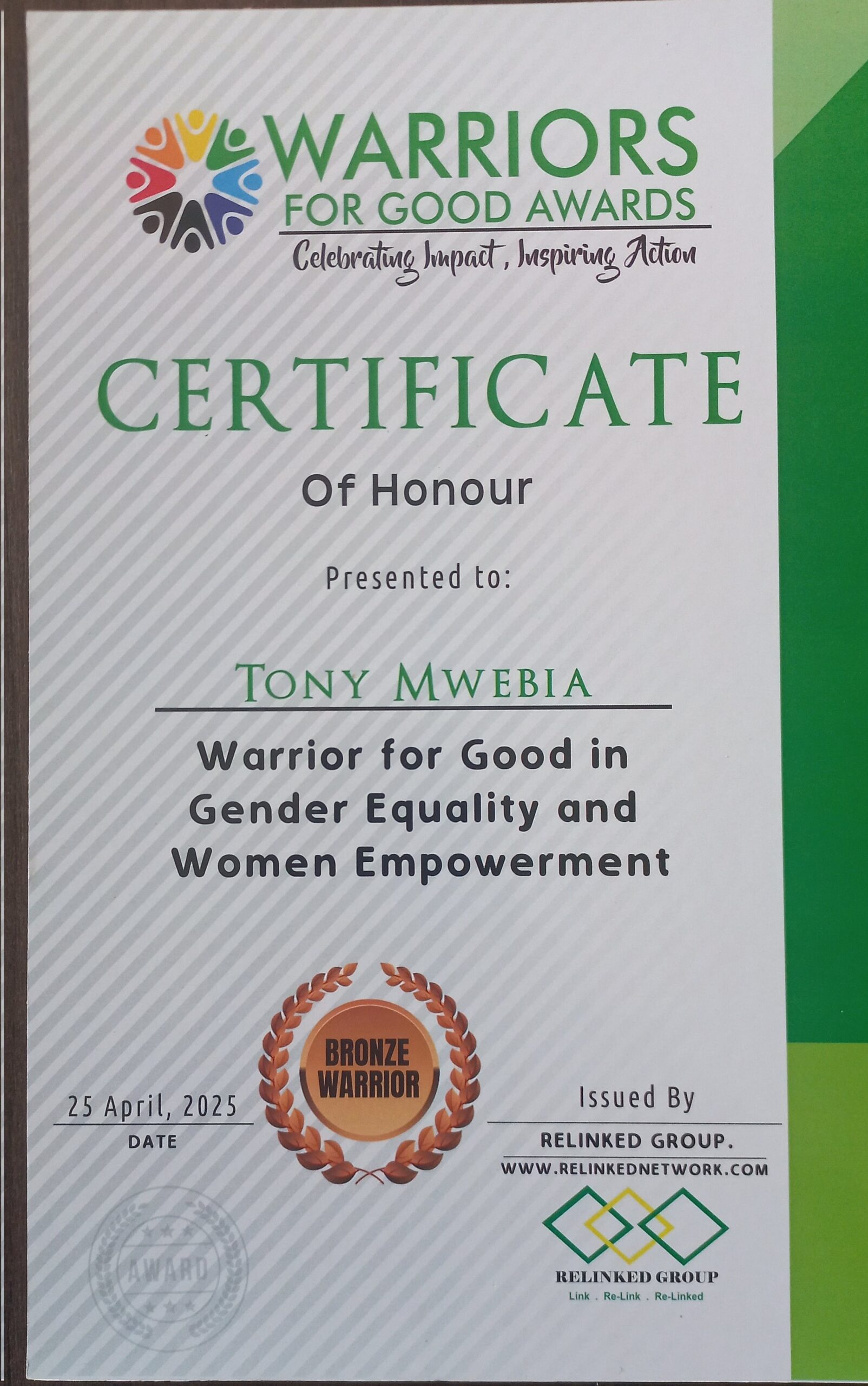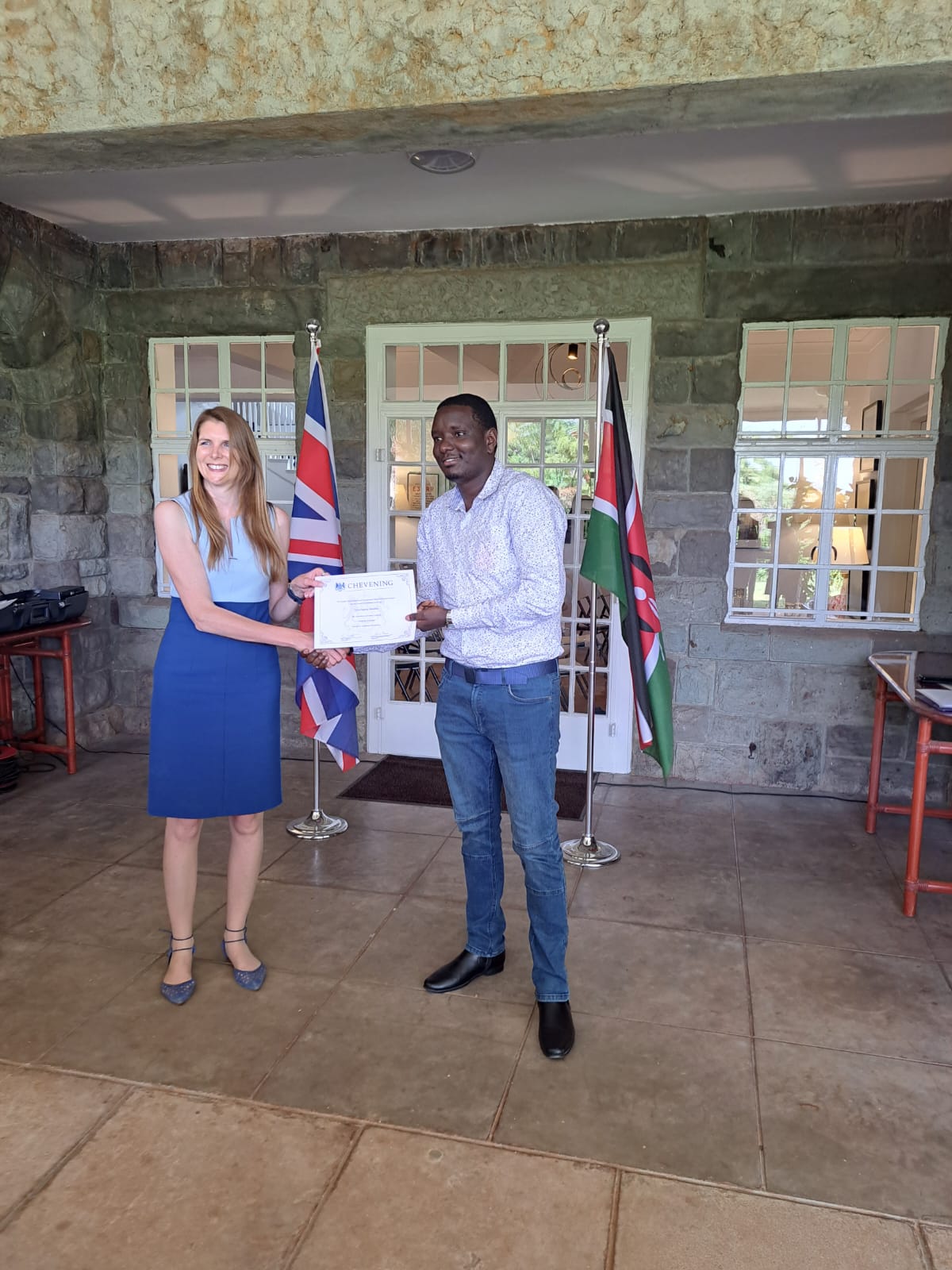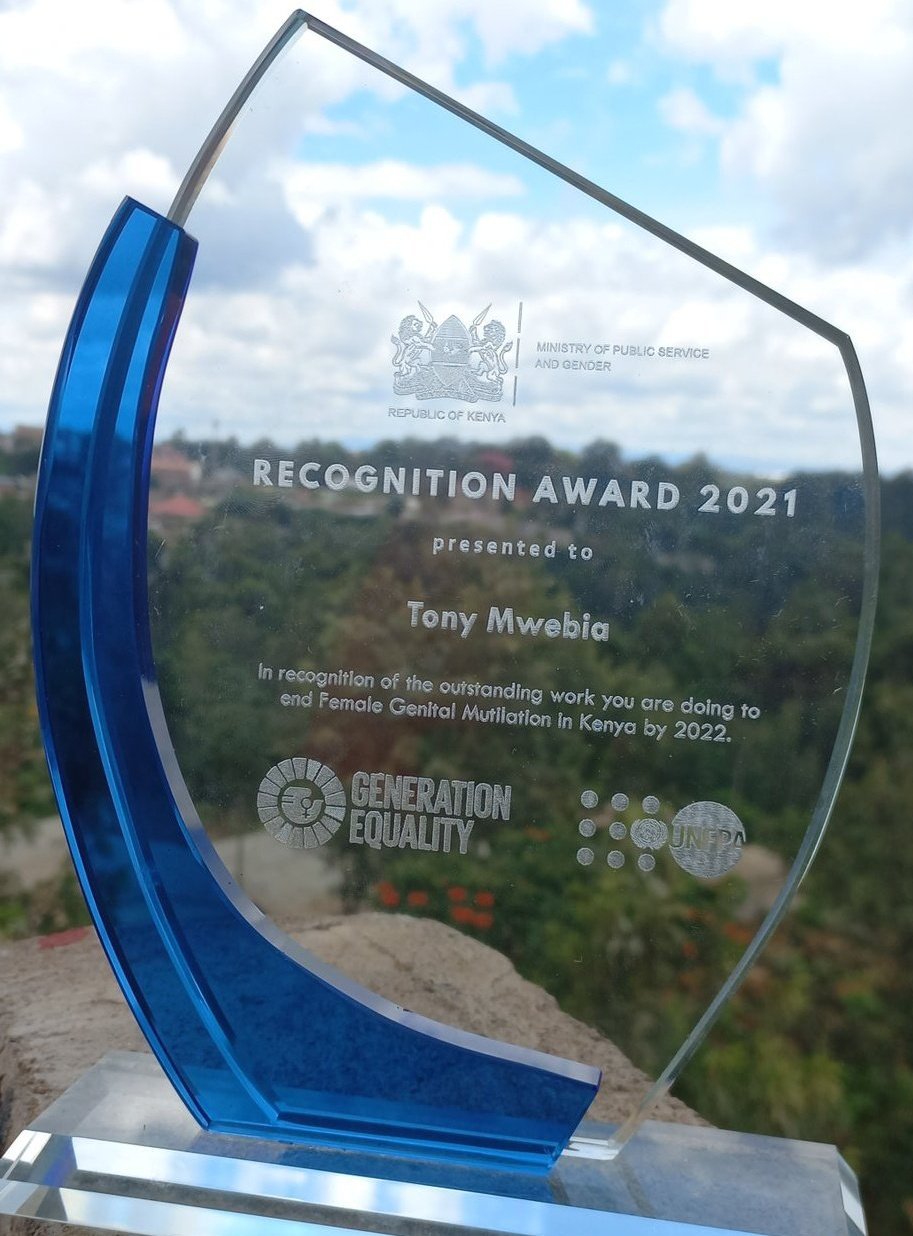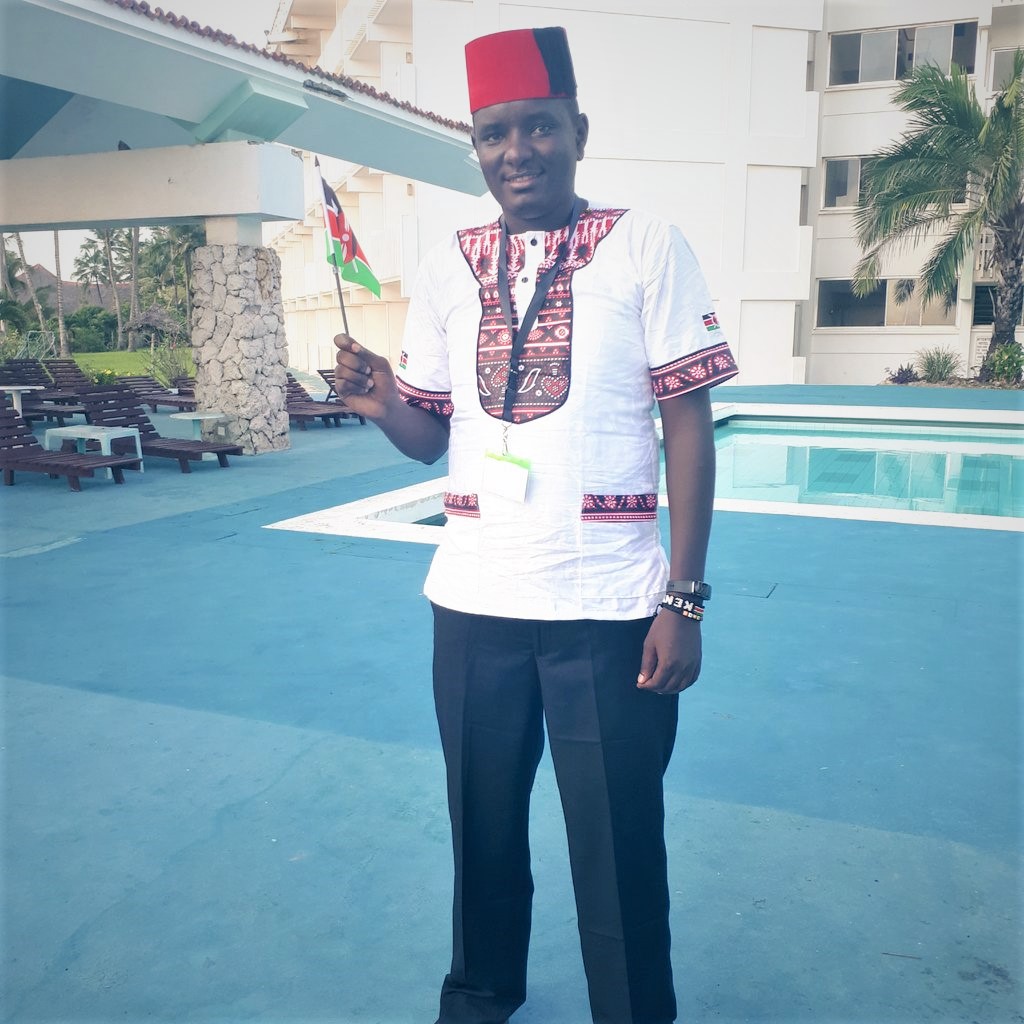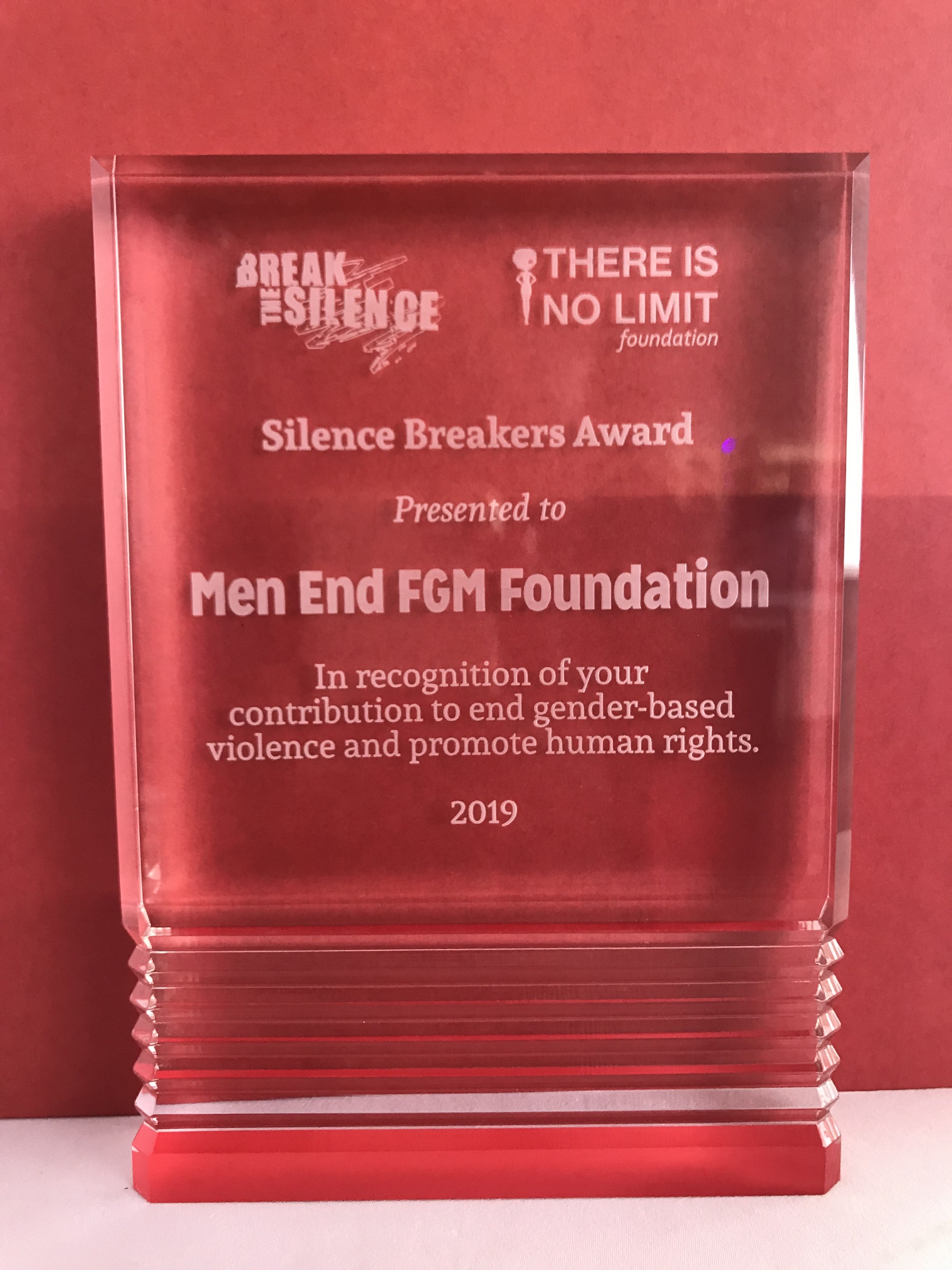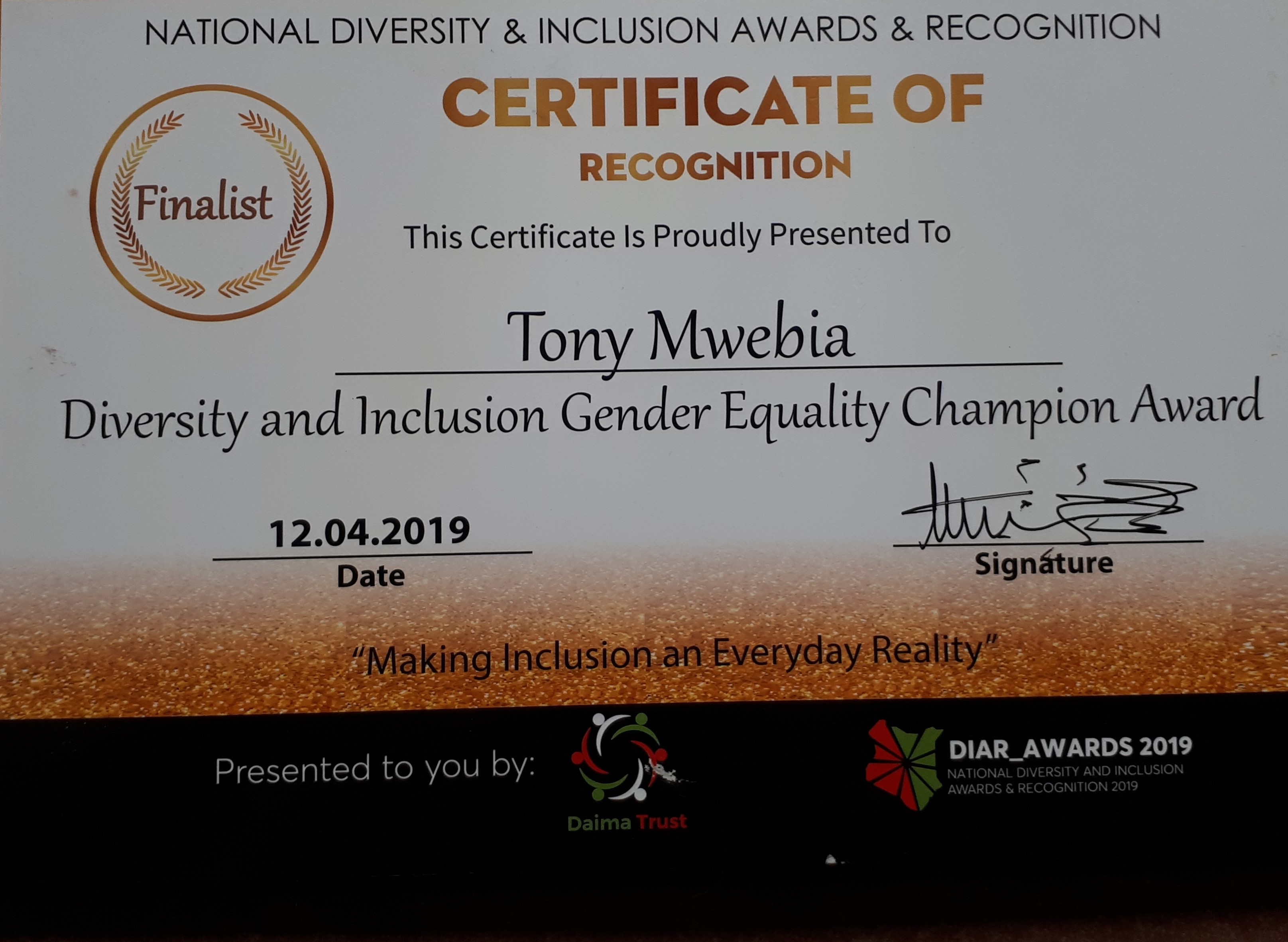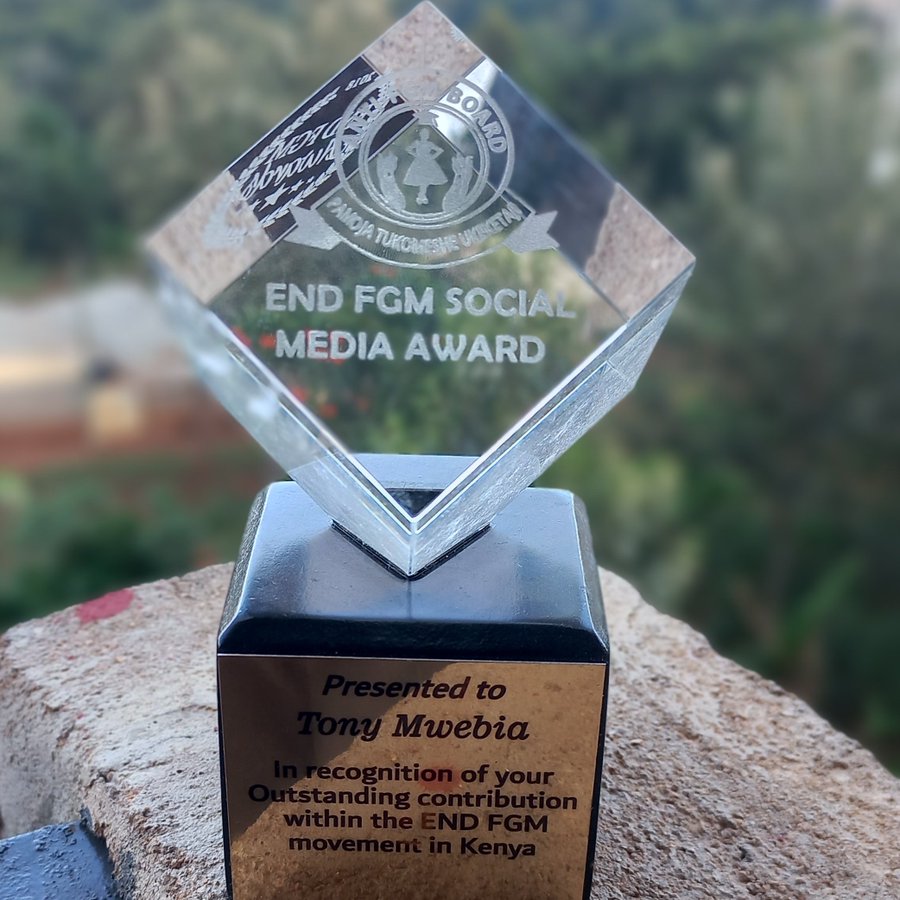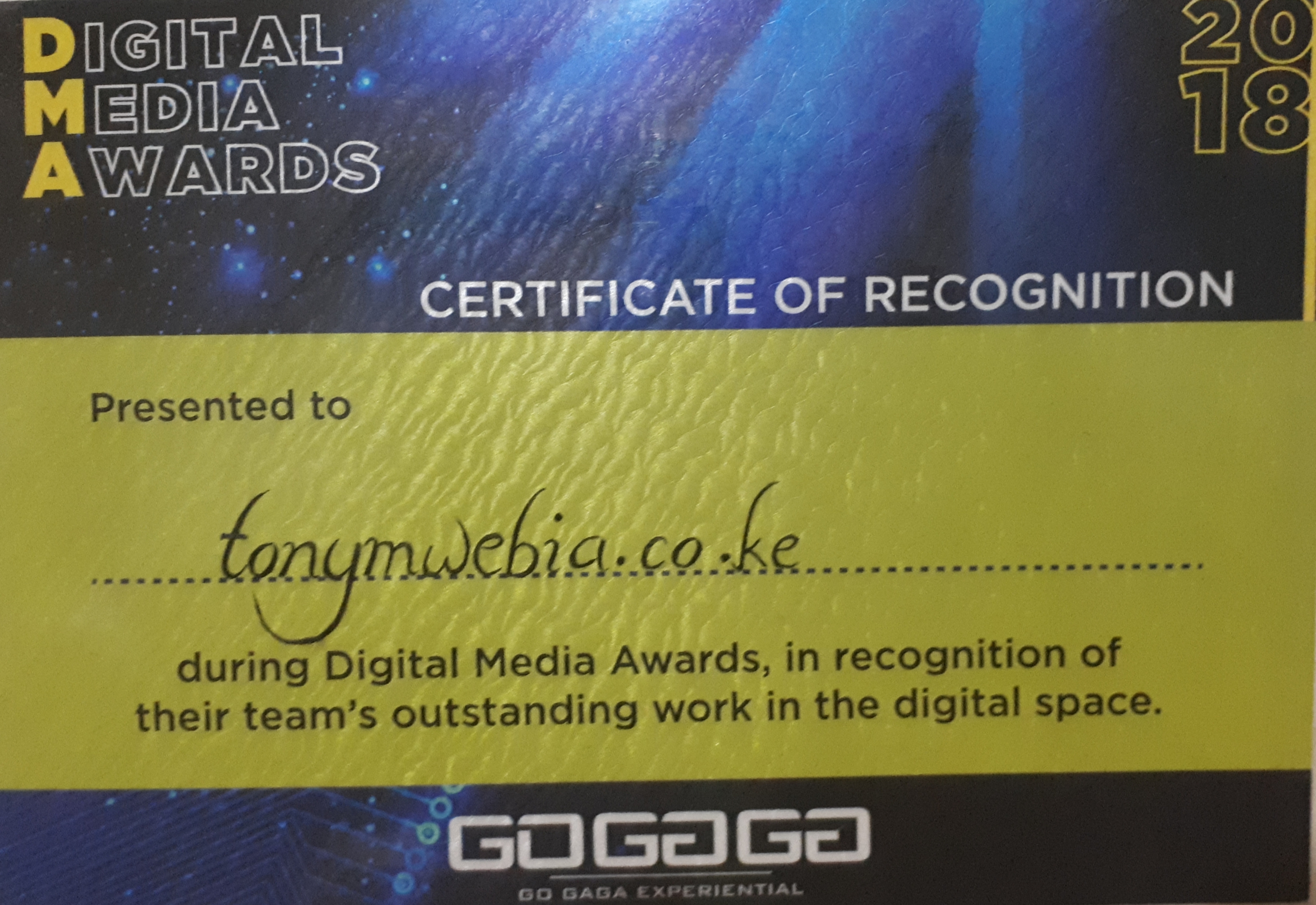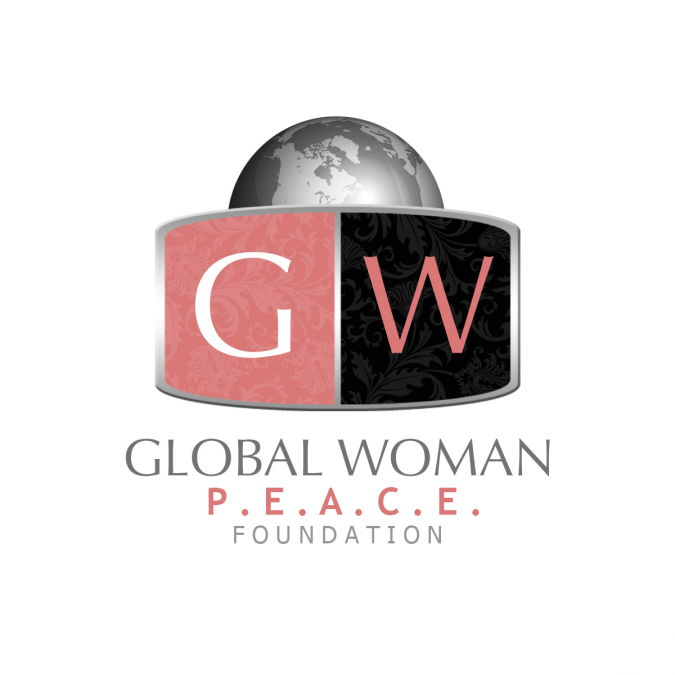The death of a ten-year-old girl who was genitally mutilated in Somalia on July 15th 2018 and the worldwide publicity that followed has led to the first ever potential prosecution for FGM in a country with the highest rate of FGM in the world.
The child died three days after she was cut when a severed artery led to severe blood loss and she was found to have contracted tetanus. Deequ Dahir Nuur had been cut in a ceremony with her three sisters, two were older and one younger. They were all subjected to the most extreme form of FGM, the complete removal of the clitoris and labia using a knife or razor blade.
10-year-old, Deeqa came from the Olol village, about 50 kilometers from the capital, Mogadishu. Her death has sparked the high level announcement from a government, traditionally silent on the controversial subject.
In a joint statement Deputy Prime Minister, Mahdi Mohammed Gulaid, and Attorney General, Ahmed Ali Dahir, said that they had already launched investigation into the circumstances around the child’s death.
“It is not acceptable that in the 21st century FGM is continuing in Somalia, it should not be part of our culture. It is definitely not part of the Islamic religion and the prosecution of those involved in Deeqa’s case will send a strong message to the country,” said the Deputy Prime Minister, Mahdi Mohammed Gulaid.
Radio journalist Nafisa Ogle, a graduate of the Global Media Campaign Academy where the move was announced is a distant relative of Deeqa. She broke the story of the child’s death after Deeqa’s uncle called to the journalist’s house looking for a container to wash the body and prepare Deeqa for burial. “I asked to him, what do you need the container for, and he said it is to wash the body, that the girl has died from the cut. By then they had brought Deeqa to the hospital and I went to check if it was true and I put the news out on twitter. Then all the journalists came to report what had happened to her.” said Nafisa Ogle.
Hundreds of people attended the funeral after the media reported the death – such FGM deaths usually pass unnoticed in Somalia. The Attorney General announcing the prosecution told the Global Media Campaign gathering in Mogadishu, that: “When the local authorities near Deeqa’s village were initially contacted they said, this kind of thing happens, there is nothing to be done about it.”
The cutter has not been arrested and the parents, are according to the reporter who interviewed them, are distraught: “The sad thing is that the parents think FGM is normal and didn’t even recognize the dangers.” said Nafisa Ogle. “Millions of dollars has been spent on FGM in Somalia and these people are still completely ignorant about how dangerous it is.”
Deeqa’s death is however according to the Deputy Prime Minister an “historic moment ” because the prosecutor is now investigating this case along with the Criminal Investigations Department
” This is really a defining moment for Somalia.” he said.
The Attorney General, Ahmed Ali Dahir said any prosecution could take place under Somalia’s existing Penal Code which, he said, protects the right to life of all Somali citizens.
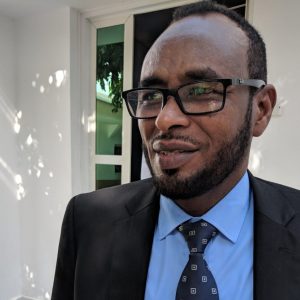
“We don’t yet have a law in this country banning FGM but we have plenty of provision under the country’s existing penal code, to take this prosecution.”
FGM has not been officially banned in Somalia, although a new law outlawing FGM is due to come before parliament in the next few months. Somalia has the highest rate of FGM in the world with over 90 per cent of Somali women being subjected to the severest form of FGM- the removal of the clitoris and the labia usually at puberty.There are no statistics on the number of girls who die from FGM in Somalia as there are few hospitals, or even doctors outside the capital Mogadishu and the major cities.
“The biggest health issue facing our women in Somalia is FGM because of its links to Fistula, maternal mortality and infant death.” Somalia’s Deputy Minister for Health, Said Abdilah
The statement by the Attorney General, Ahmed Ali Dahir has been warmly received by different organizations that have been fighting FGM in Somalia.
Somali born campaigner, Ifrah Ahmes said the news was completely unexpected. “It shows just how quickly things can move when there is political goodwill.”
The Global Media Campaign director, Maggie O’Kane said. “This has taken everyone by surprise- but it shows what committed Somali journalists with access to social media can achieve.”
Nikolai Botev, Somalia’s representative of the United Nations Population Fund said he was extremely saddened by the death. Save The Children and UNICEF in Somalia, also welcomed the news of the prosecution.
The news of the prosecution comes at the end of a week when the Ifrah Foundation and the Global Media Campaign organised Somalia’s first ever national conference on FGM to break the silence on the issue and a five-day media academy designed to encourage Somalia’s media shy religious leaders to come out strongly and condemn the practice.
“The religious leaders have to do more, they have to get on TV and radio and call for an end to this,” said the Attorney General, Ahmed Ali Dahir: “They have been silent on this for too long”

Contact: info@globalmediacampaign.org


